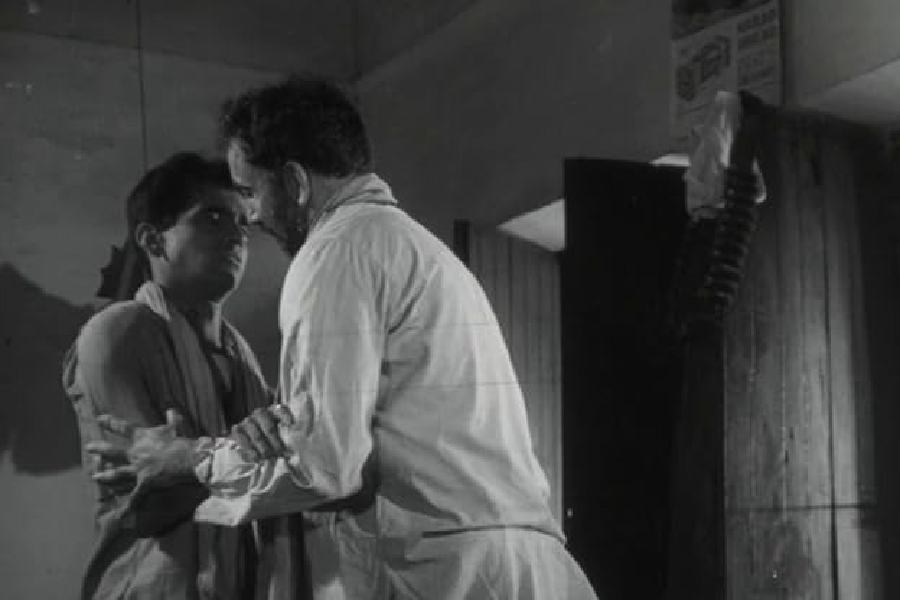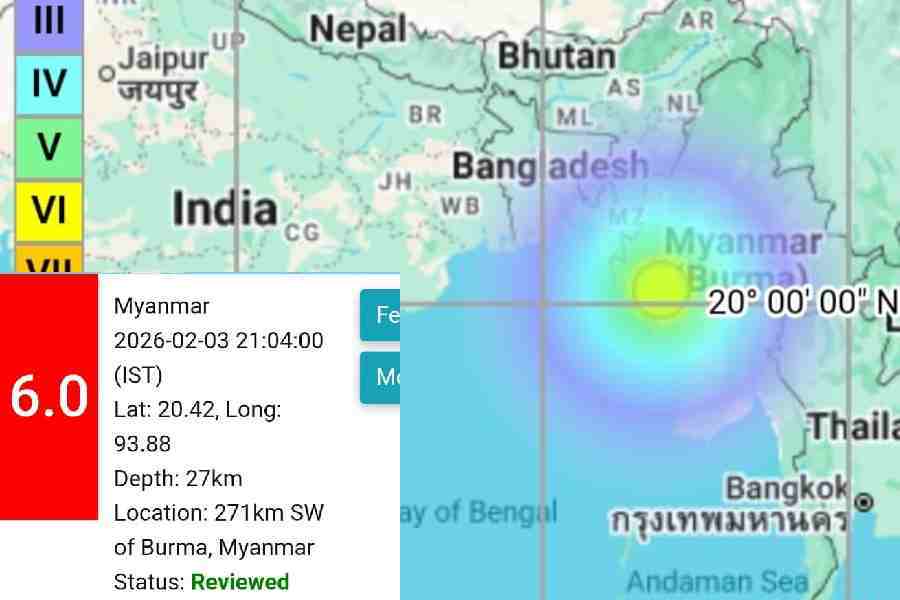Long before queer love stories found a voice in mainstream Hindi films, a now-forgotten 1971 movie dared to challenge convention.
Badnam Basti, directed by Prem Kapoor and based on Kamleshwar’s debut novel Ek Sadak Sattavan Galiyan, is widely regarded as India’s first film to depict a same-sex relationship.
Set in Mainpuri, Uttar Pradesh, the story follows Sarnam Singh, a bus driver with a past as a bandit. After rescuing a woman named Bansuri from an assault, Sarnam finds himself entrapped in her love. But a petty arrest tears them apart.
Upon his release, he meets Shivraj, a young temple worker he hires as a cleaner. The two men form a bond that is both emotional and physical, though never explicitly defined in the film. When Bansuri reappears, now living with a man who won her at a village auction, Sarnam is torn between her and Shivraj, only for fate to complicate things further as Shivraj eventually marries someone else.
Badnam Basti ran into inevitable trouble with the censor board. To get clearance, director Prem Kapoor had to water down the queer overtones.
Made on a modest budget of Rs 2.5 lakh by the Film Finance Corporation and shot over four weeks, the film starred Nitin Sethi, Amar Kakkad and Nandita Thakur. The music was composed by Vijaya Raghava Rao and Ustad Ghulam Mustafa Khan, with lyrics by Virendra Mishra and Harivansh Rai Bachchan, the latter reciting his own poem Mele Mein Khoi Gujariya on screen.
Edited initially by Hrishikesh Mukherjee, the film was granted an A certificate upon its first release, but bombed at the box office. A second release in 1978 with a U certificate fared no better.
Over time, Badnam Basti was presumed lost. No prints were known to exist in India until, in 2019, a copy was unearthed in the archives of the Arsenal Institute for Film and Video Art in Berlin. Since then, it has been digitised and quietly resurrected, screening at venues like the Block Museum of Art in the United States and the Kashish Mumbai International Queer Film Festival.










